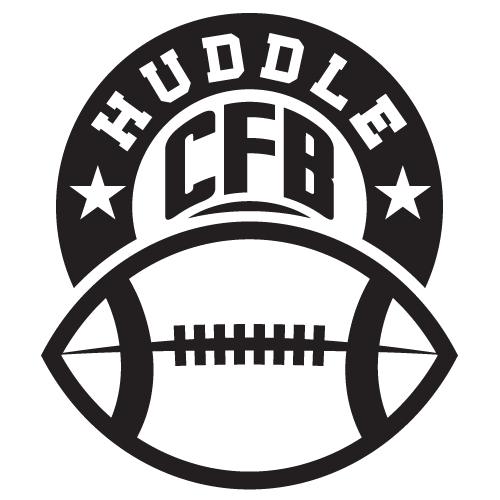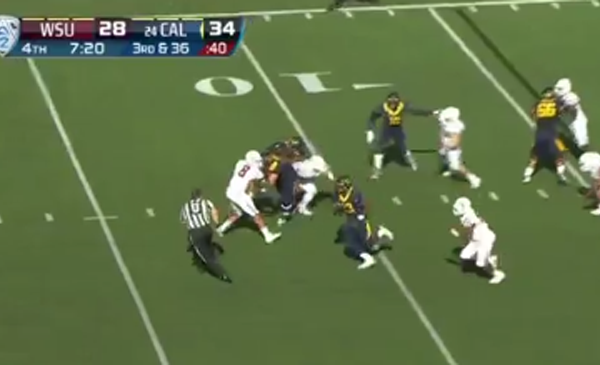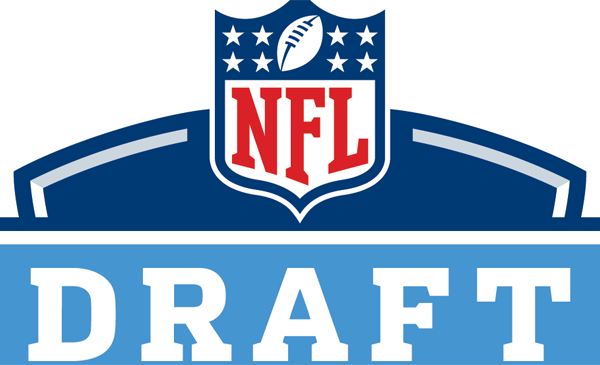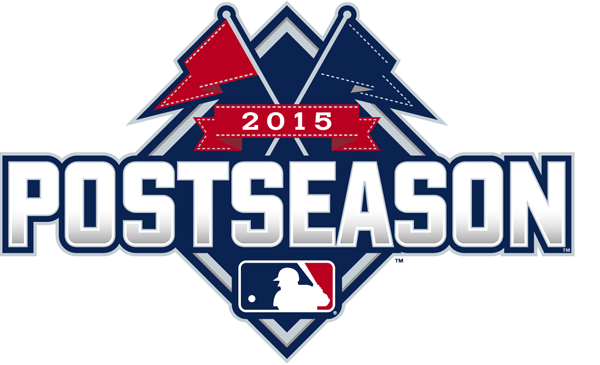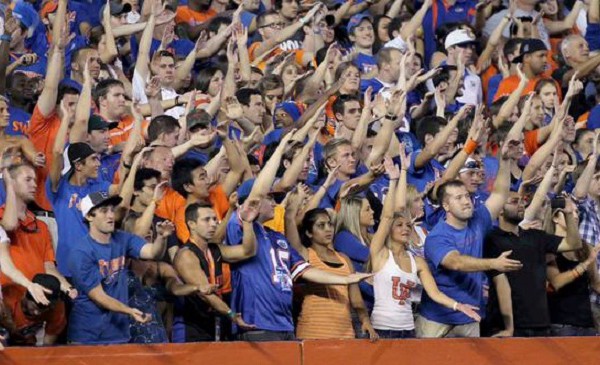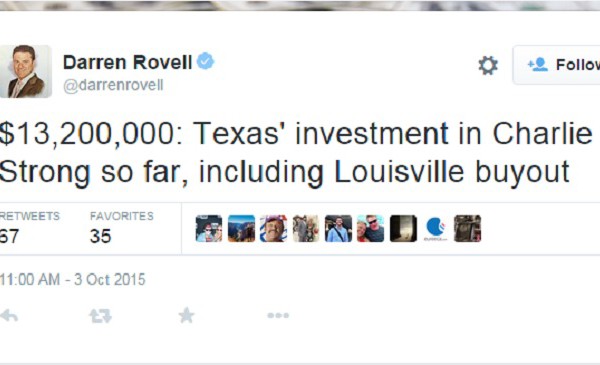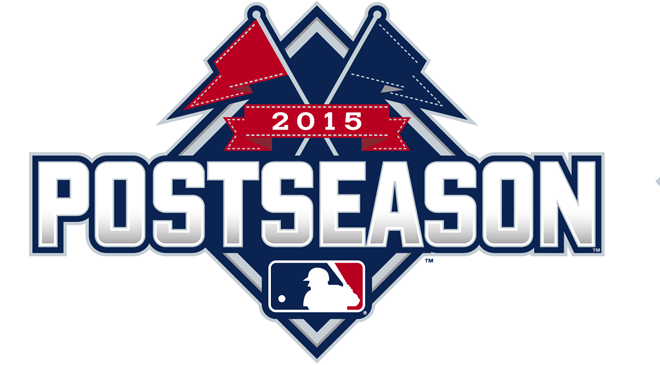The MLB Playoffs technically begin tonight with the New York Yankees hosting the Houston Astros. I say technically because the one-game Wild Card matchup doesn’t yet feel to me like a real part of baseball’s October tradition.
It functions to the MLB Playoffs as the First Four does to the NCAA Tournament — only the NCAA Tournament was already a single-elimination concept.
The Wild Card consolidates a 162-game regular season into a single night. Don’t get me wrong; full disclosure, I’m a lifelong Chicago Cubs fan. As such, I welcome the Wild Card’s existence, because an otherwise stellar season would have been for naught in the top-heavy NL Central.
Should the Cubs use Wednesday’s National League Wild Card as a springboard to [redacted for childishly superstitious reasons], you won’t hear a peep from me.
Were I a Pittsburgh Pirates or St. Louis Cardinals fan under such circumstances, however, I’d be despondent.
I speak from experience, having watched the 2008 Cubs put together baseball’s best record, dominating for six long months, only for the dream to end in just a few short days against the Los Angeles Dodgers.
My baseball waned somewhat in the years that followed. The Cubs’ abysmal play from 2010 through 2014 no doubt contributed, but I already felt fatigued heading into the 2009 season.
Why invest so heavily into a sport played almost every day for half the year, only for it to end in four days?
Granted for some baseball fans, this is the whole appeal. The regular season is the slow crawl to the peak of a roller coaster, and the MLB Playoffs are the adrenaline-fueled descent.
It’s a whole lot more gratifying if your team reaches the end, I’d imagine. Reminder, Cubs fan here.
The baseball regular season is by far the longest in sports in terms of the number of games, and just slightly shorter than the NHL or NBA in calendar duration. Compare that to college football, the shortest both in games played and actual time spanned.
The college football season is a veritable three-month sprint, culminate in an almost month-long climax, bowl season.
Bowl season gets bigger every year, and it’s not the incremental growth baseball experienced with the addition of a Wild Card game. College football added its 42nd bowl game just last week, the Arizona Bowl.
NOVA Home Loans Arizona Bowl Officially Announced - https://t.co/xiEvrWZwDl pic.twitter.com/Cnh8hwEows
— FBSchedules.com (@FBSchedules) October 1, 2015
Bowl games span the continental United States. San Diego to the New York area; Miami to Boise. We even have bowl games in the Bahamas and Hawaii.
There’s at least one bowl game for virtually every day of the week from mid-December to the second week in January.
Considerable backlash exists among the college football community toward the backlash to there being “too many” bowls. There really isn’t that much griping over the number of bowls, though; far more backlash-to-the-backlash exists.
Confusing? Welcome to the world of blogging.
Anyway, I much prefer the bowl system to the MLB Playoffs. Comparing the two is weight apples to oranges, sure: One decides a champion among a professional league, while the other exists as a season’s end reward for college players.
But a bowl game can send fans and the programs they support into the long offseason on a much more gratifying note.
Different bowls carry varying significance from program-to-program, sure. Last season’s UAB team probably would have relished the opportunity to play in any postseason contest, especially those more prominent programs sleep-walked through.
That’s a primary reason I welcome the expansion of the bowl season. UAB deserved its bowl opportunity last year, much as MTSU did in 2012, or Western Kentucky in 2011. Should an Arizona Bowl give such teams a shot to play in the national spotlight, I’m all for it.
And that’s one more chance for a season’s investment to end on a high — even a team like Northwestern, which beat Mississippi State in the 2013 Gator Bowl for the Wildcats’ first postseason win in seven decades.
Were college football instead baseball, Northwestern would still be seeking its elusive, postseason victory. And Chicagoland doesn’t need more postseason heartbreak with the Cubs around.
